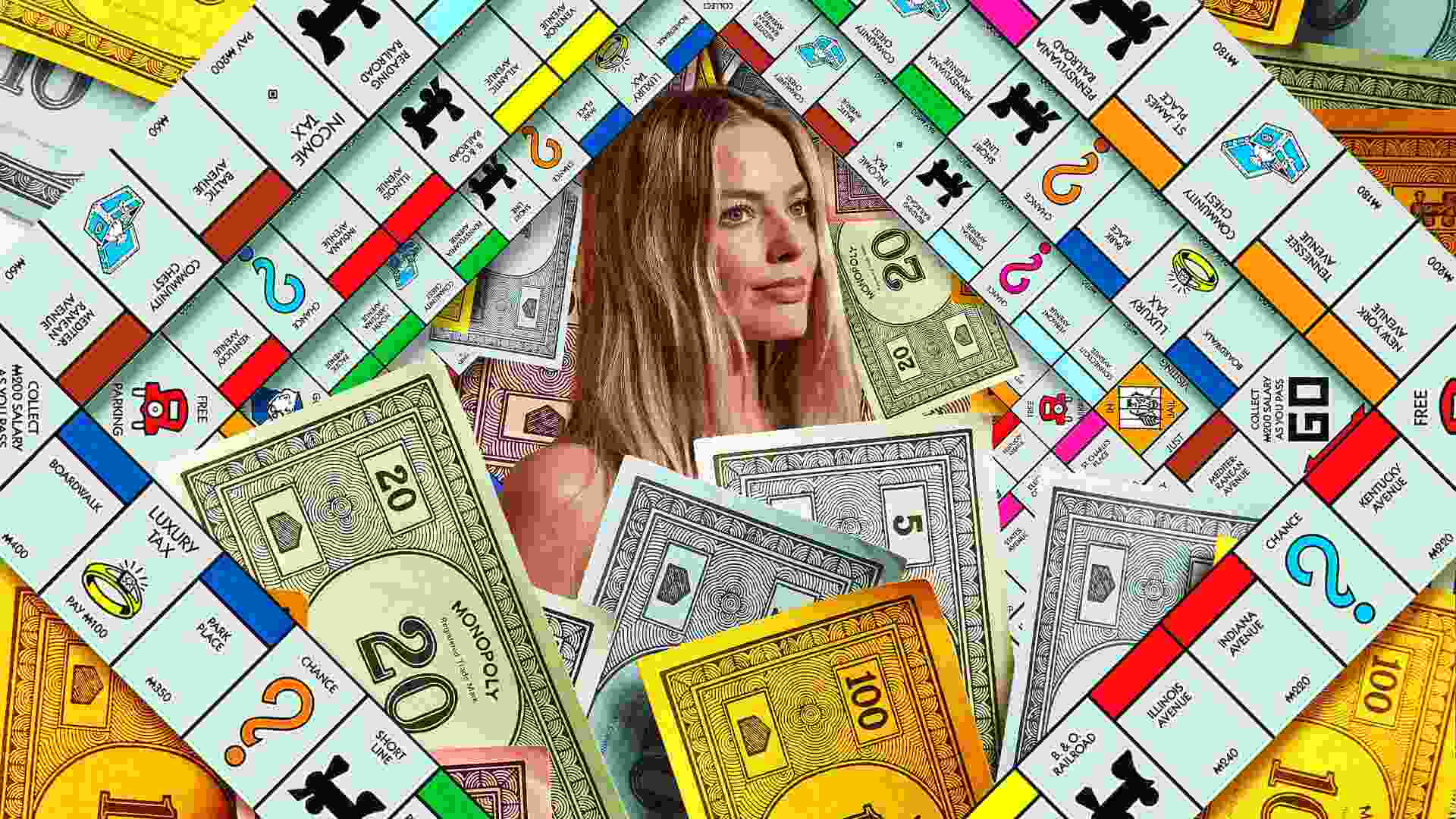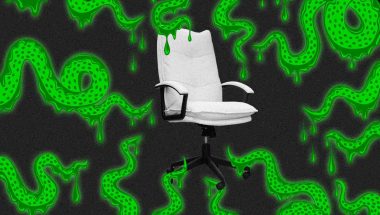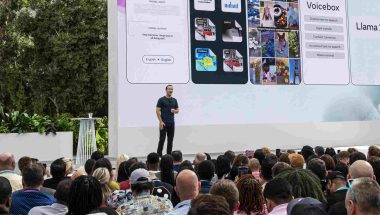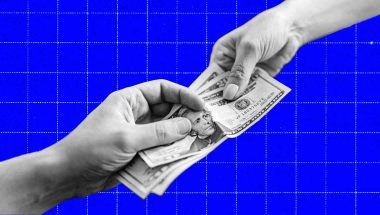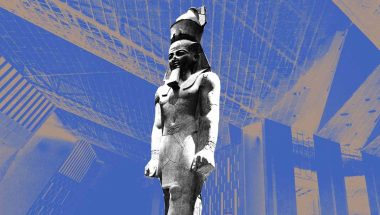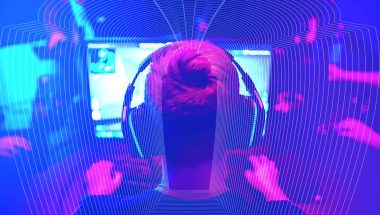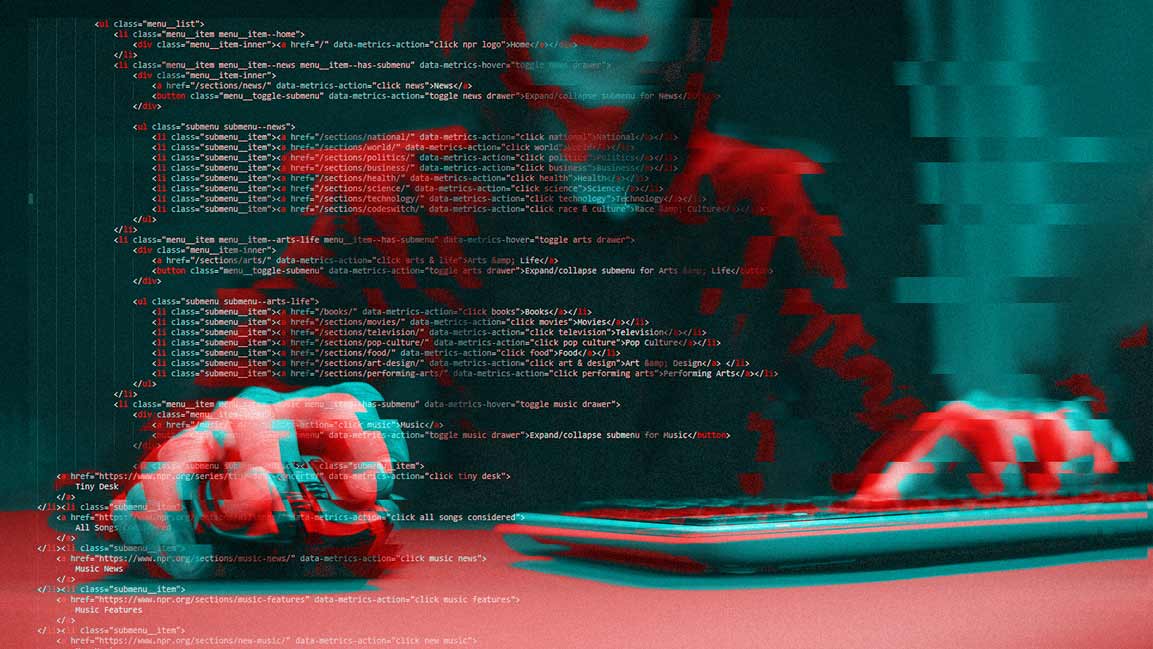- | 9:00 am
AI can now build you a better playlist
PlaylistAI leverages OpenAI technology to create a playlist customized to your taste.
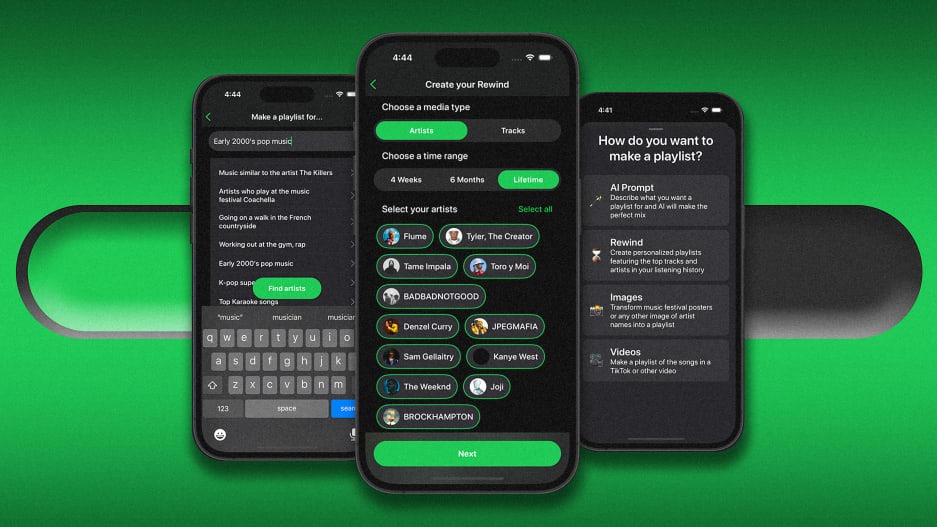
When I was little, I made a lot of mixtapes. Later, I started downloading music from Limewire (the not-so-legal downloading site that was just reborn as an NFT marketplace) and burning it on CDs. Then came iTunes, Spotify, Deezer, and Youtube Music—all with their own ways to curate playlists, many of which were conveniently generated by algorithms that assumed to know people’s taste.
Those playlists will seem like old news with the launch of PlaylistAI, a new app that leverages OpenAI technology so you can build your own playlist by simply typing in a text box what you want to listen to. You link the app with your Spotify or Apple Music, then enter a prompt like “music similar to the artist Lady Gaga,” “music that was popular in the ’80s,” or “music for a rainy day, like Bon Iver,” and it presents you with a list of artists you can choose to keep or remove before finalizing your selection and automatically transferring it to your Spotify or Apple Music.
The past few years have seen countless playlist generators, both as web-based platforms and apps. Some rely on your mood, some depend on your music taste, and some appeal to your inner DJ. That the next generation of these generators is supported by OpenAI’s generative algorithms shouldn’t surprise anyone. Already, people are using AI to find interior design ideas, create art, and even write legal contracts. In most of these cases, the AI remains a tool designed to make your life easier. This is true of PlaylistAI as well, but what really sets it apart is the agency it can give back to those who like to build playlists—with a little help from their AI friend.
“Scrolling through playlists on Spotify is like scrolling through an algorithmic social media feed where you’re being fed what it thinks you want,” says Brett Bauman, who developed the app. Indeed, Spotify and most other music platforms, make a lot of assumptions about your taste. Spotify, in particular, uses your listening history to determine what music it will recommend next, which results in listeners being trapped in a constant musical feedback loop.
By comparison, PlaylistAI was designed to return some control to humans —to the extent that is possible when outsourcing something to an algorithm. “My vision for the app is to curate best ways to make playlists that lets you discover new music and artists that aren’t necessarily the most popular,” says Bauman.
So far, I’ve built 19 playlists, each for very specific occasions like writing a long article (“music to write to, like Emel, Le Trio Joubran, Belle and Sebastian”); hosting friends for a home-cooked dinner (“dinner at home, similar to Regina Spektor, Anais Mitchell”); writing my resolutions (“introspective music, like Armand Amar, Ibrahim Maalouf); and . . . singing in the shower (“greatest singalong hits, classic”).
The app works best when you have a solid frame of reference. If you know the genre, or the kind of artist you want your music to sound like, that gives the AI something to work with. “The more detailed [the prompt], the better,” says Bauman. Like with any AI technology reliant on prompts, the result is only as good as the line you feed it. When I typed “obscure classical music,” the AI gave me Für Elise, one of Beethoven’s most famous compositions. But when I specified “classical music, romanticism era, like Schubert, Chopin, Liszt,” the selection was spot on.
For now, the UX is pretty basic. The latest version lets you edit your prompt if you’re dissatisfied with the results while in the app, but once the playlist is finalized and transferred over to Spotify, you can’t go back and edit it. Eventually, however, Bauman wants to leverage GPT-3 to make the process a lot more conversational, so you can tell the app to “make it more dance-y,” or “remove this artist.”
After using the app for more than a week, it’s clear that I could’ve dipped into my own Spotify playlists, which I have built one song at a time and over the course of several years. But the ability to hyper-tune the soundtrack of my life in less than a minute has kept me coming back to PlaylistAI instead. You can even control the number of songs you get per artist, so you don’t end up with 5 ABBA tracks—though what’s the harm in that?














